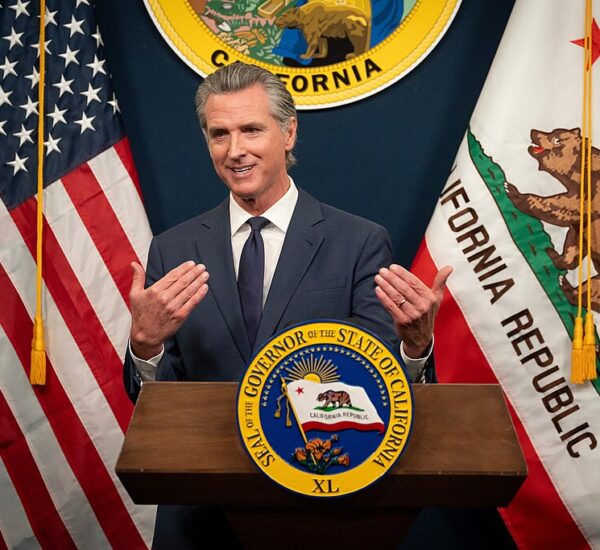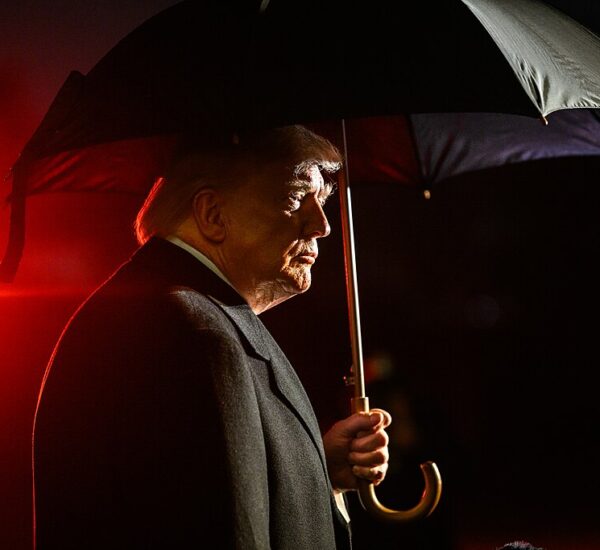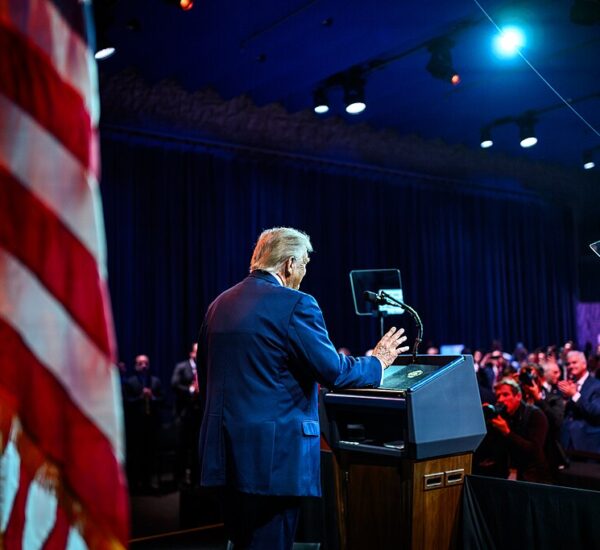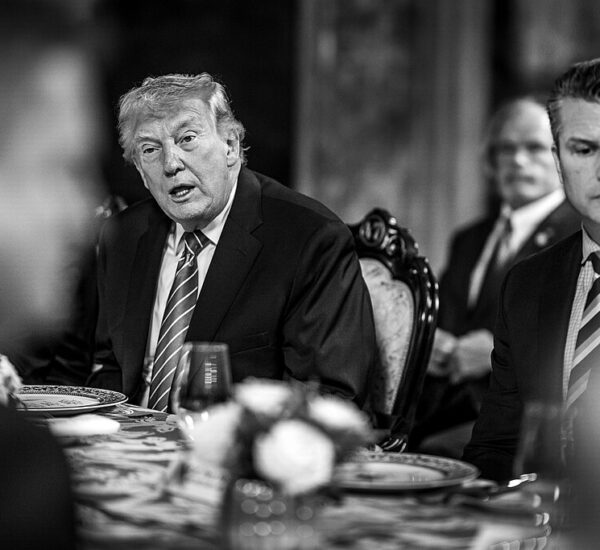Judge Blocks Trump Again
Washington, D.C. — A federal court delivered a blow to President Donald Trump’s aggressive “America First” trade strategy, temporarily halting his ability to impose sweeping tariffs on foreign imports using emergency powers. The decision throws a wrench into one of the Trump administration’s top economic weapons aimed at restoring American manufacturing and reducing dangerous trade deficits.
The U.S. Court of International Trade ruled Wednesday that Trump’s “Liberation Day” tariffs went beyond the authority granted under the International Emergency Economic Powers Act (IEEPA), igniting a high-stakes legal battle that may ultimately reach the U.S. Supreme Court.
Trump’s Tariff Strategy Under Fire
The Trump administration’s tariff policies have been central to its effort to combat unfair foreign trade practices, incentivize domestic job creation, and pressure nations like China and Mexico to renegotiate imbalanced trade deals.
“Trade deficits are a national emergency,” said White House spokesman Kush Desai. “They have devastated American workers, gutted entire towns, and weakened our national defense. The court did not dispute these facts.”
Despite the ruling, President Trump still holds temporary authority under Section 122 of the Trade Act of 1974, which permits up to 15% tariffs for 150 days on countries running persistent trade surpluses with the United States.
Legal Showdown Over Executive Power
The case was brought by small business owners and Democrat-led states who claim the tariffs are hurting consumers and disrupting supply chains. One plaintiff, a wine importer, warned his company may not survive. Oregon’s Attorney General Dan Rayfield celebrated the ruling, saying it proves “trade decisions can’t be made on a president’s whim.”
But the Trump administration fired back, pointing out that President Richard Nixon invoked similar powers in 1971 and that the authority to define a national emergency is political, not judicial.
Steel, Cars, and National Security Still Protected
While the court struck down tariffs under IEEPA, it left untouched those imposed under Section 232 of the 1962 Trade Expansion Act. These include Trump’s 25% tariffs on steel, aluminum, and foreign-made auto parts—measures justified by national security assessments from the Commerce Department.
These tariffs, the administration argues, are essential to safeguarding America’s defense industrial base and re-shoring critical supply chains—an issue that resonates with voters in hard-hit manufacturing states.
Why It Matters: America First Isn’t Going Away
Though the ruling is a setback, it hasn’t derailed Trump’s broader mission to restore American economic sovereignty. His team has already filed an appeal, signaling their intent to fight this all the way to the Supreme Court.
The tariffs, while controversial, have forced countries to the negotiating table, protected American industries, and sent a strong message: the United States will no longer be exploited by globalist trade schemes.






